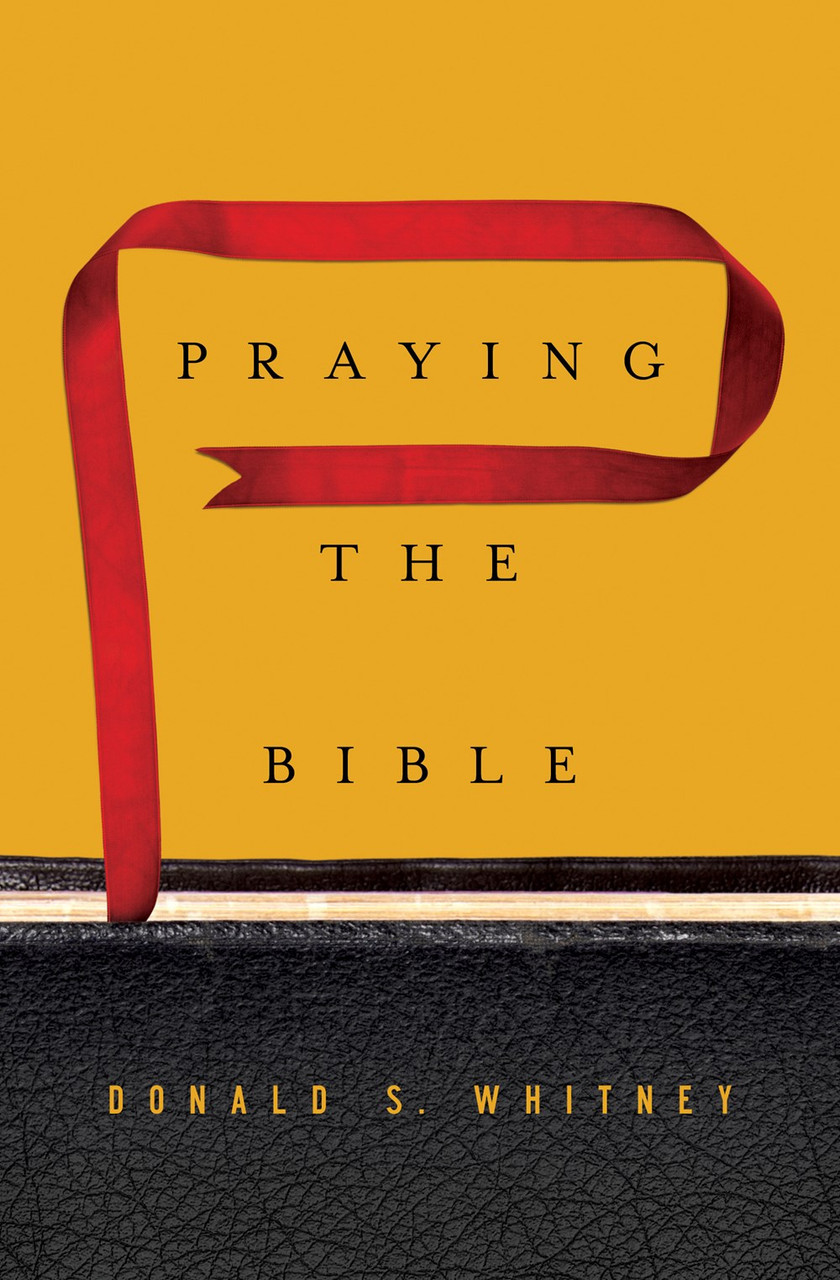
When you think of Augustine, you may picture a withdrawn theologian in a darkish study—deep in thought, putting pen to parchment, face bathed in dancing candlelight. Perhaps such a picture is not entirely unwarranted. It can be argued that no theologian has impacted Christianity more than the good bishop of Hippo. This no doubt required long hours in solitude.
But in his Confessions—the winding, autobiographical prayer written in the middle of his life—we see that Augustine very much thought of himself as a man formed by friendship. He even admits, “I cannot be happy without friends.” Therefore, to think of Augustine as he would want to be thought of, we shouldn’t imagine him as some lone-wolf in an ivory tower, but as a soul profoundly marked by his friends.
When it came to friendship, Augustine was originally influenced by the philosopher and statesman Cicero. In fact, he adopted Cicero’s definition of friendship as his own. “Friendship,” said Cicero, “is nothing other than agreement on all things divine and human, along with good will and affection.” This is how Augustine understood friendship before his conversion as well as in the early years after.
But as Augustine matured in faith, so did his definition of friendship. We see this in his correspondence with Martianus, a friend from his youth. Some time after writing Confessions, Augustine learned that Martianus had begun to embrace Christianity and was contemplating baptism. Augustine, though busy with study and writing, hastened to address this companion from his past, who he now rejoiced to hear was on the threshold of becoming his companion in the faith.
Though there had been genuine affection between Augustine and Martianus earlier in life, their relationship fell short of what Augustine had by this time come to understand as true friendship. In their coming of age, the two had agreed as far as Cicero’s definition of friendship was concerned. Their unregenerate hearts were unanimous in the pursuit of illicit interests. Augustine recounts this in Confessions.
Young Augustine spent his nights keeping company with a band of delinquents. Their antics included stealing fruit from a neighbor’s orchard. He did this, he admits, because at the time he delighted in evildoing. But years later, deeper questions still haunt him. From whence this delight in evildoing? Would Augustine have done the same had he been alone?
Looking back, he muses, “I would not have stolen alone; my pleasure was not in what I stole but that I stole.” With these words, Augustine is touching upon the gravitational pull of being with others in the act. He knew it was much more than the fruit that animated him. His hunger to belong extracted from his soul that which would have remained latent had he been isolated.
This is why, in his letter to Martianus, Augustine observes, “But you, my dearest friend, at one time agreed with me on things human, when I desired to enjoy them in the manner of the crowd, and you set your course to aid me to obtain those things, over which I now repent.” This is no blame-shift. Augustine is not avoiding responsibility for his sin. Rather this is his honest recognition about the nature of fraternity, even among those who look no further than Cicero. It is common grace that desires should form in the heart and be fleshed out in the presence of those called ‘friend,’ even when those desires tend toward wrong ends.
But for Augustine as Christian theologian, friendship required that agreement on things divine be reframed and refined in light of what he had come to believe. Common grace was not enough for his now-seasoned perspective. Thus in his letter to Martianus, he adds to Cicero’s definition, saying, “For now we have an agreement on things human and divine along with good will and love in Christ Jesus, our Lord, our truest peace.”
With this modified definition in mind, Augustine reasons there is only one basis upon which he and Martianus can ever call one another ‘friend’ in the greatest sense of the word. If love for the triune God be absent from our hearts, then our love for friends will in some way be corrupted and malformed by our sinful nature. This is why Augustine urges Martianus toward baptism. He wishes to gain him as a friend in Christ. It’s by a shared union with Jesus alone that the highest level of friendship can be experienced between two souls.
If you trace the development of Augustine’s life more broadly, this was his discernible trajectory. One author notes that “more than ten of his childhood friends became bishops. The bishops and theologians in North African ecclesiastical debates against the Donatists, Pelagians, and others resembled the roll call. . . .of Augustine and his classmates.” To the praise of His glorious grace, God transfigured a band of delinquents to become a house of friendship whose business it was to contend for the faith once for all delivered to the saints.
Augustine eventually formalized his desire for such a house as the Rule of Augustine, a longstanding monastic order in the Roman Catholic Church. Note well that it’s from this Rule that one German monk would emerge to spark a Reformation. Of course, adherents of that Reformation do not embrace monastic life. But we do belong to local churches where our lives have been graced by lasting friendships centered on Christ.
This is a means by which Christ continues to build his church from generation to generation. Just think: Luther is downstream from Augustine and his friends, and in Christ we are downstream from them all. Who might be downstream from us? What future graces will be borne out of the friendships that are quietly forming in our congregations today? Of course, this is not ours to know. Augustine would want us to bear in mind that the secret things belong to the Lord our God.
But what has been revealed to us is that the world needs Augustinian friendships. It needs churches that model through Word and Sacrament the true significance of agreeing on matters both human and divine along with the kind of good will and affection that are found in Christ and nowhere else. Such is the way God carries on His work of building a community of fraternal love where the baptized lock arms and travel toward heaven together. Reaching our destination by grace alone, we will gather with saints from every age, Augustine included, to exult in a love that cannot be surpassed—the love of our Redeemer who laid down His life for His friends.
How does God's Word impact our prayers?

God invites His children to talk with Him, yet our prayers often become repetitive and stale. How do we have a real conversation with God? How do we come to know Him so that we may pray for His will as our own?
In the Bible, God speaks to us as His children and gives us words for prayer—to praise Him, confess our sins, and request His help in our lives.
We’re giving away a free eBook copy of Praying the Bible, where Donald S. Whitney offers practical insight to help Christians talk to God with the words of Scripture.

